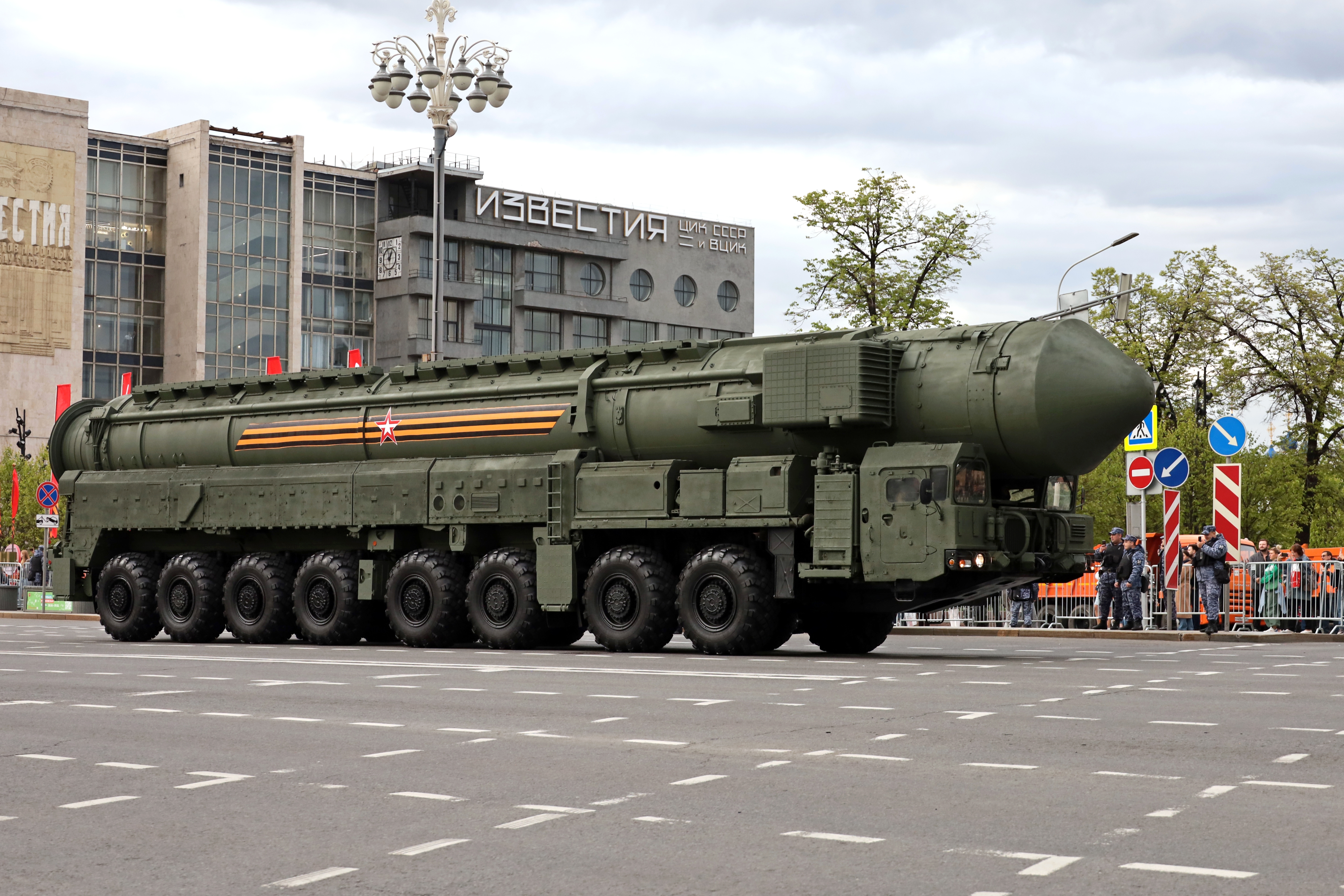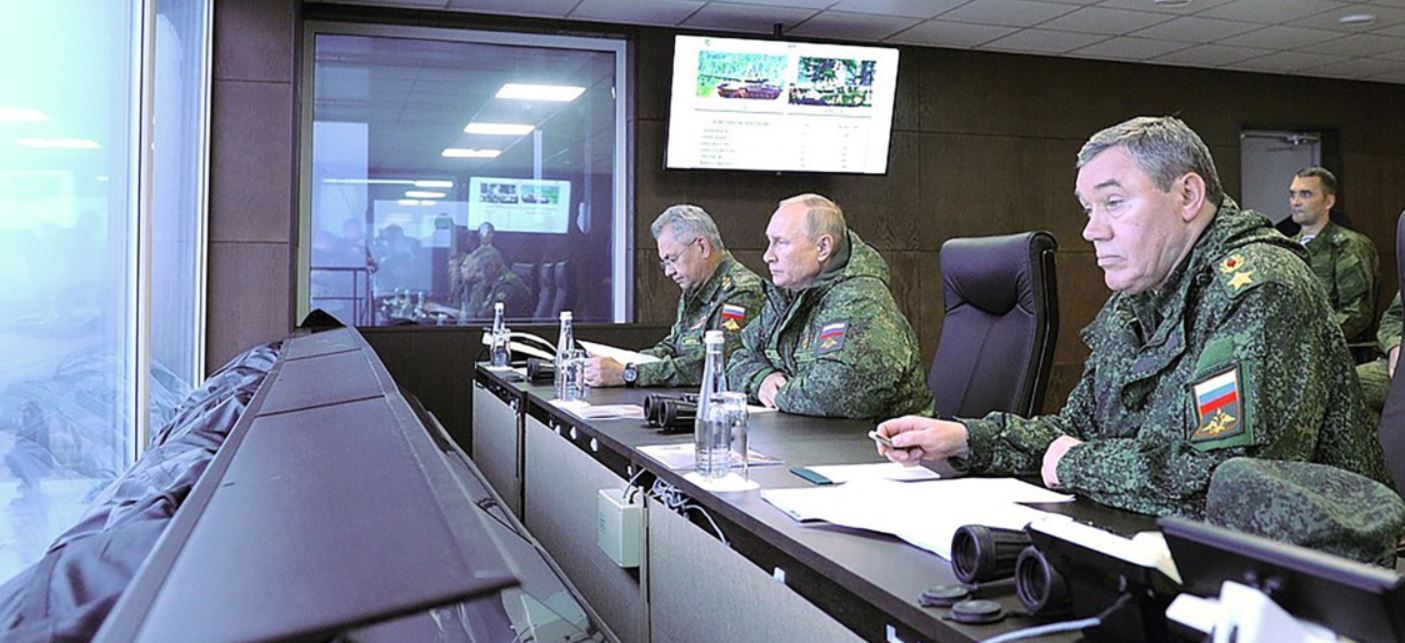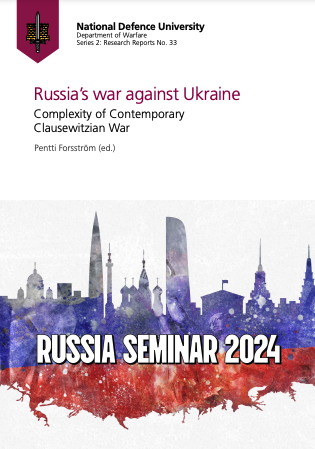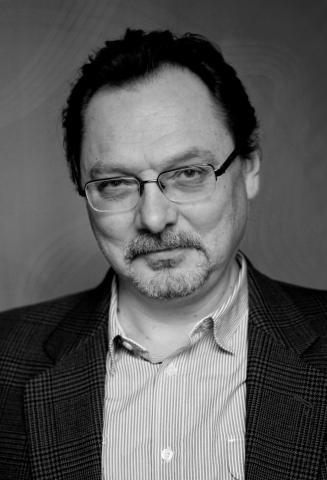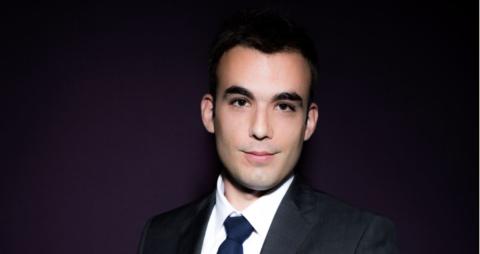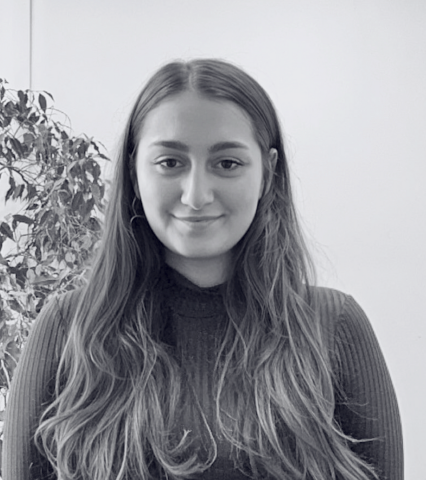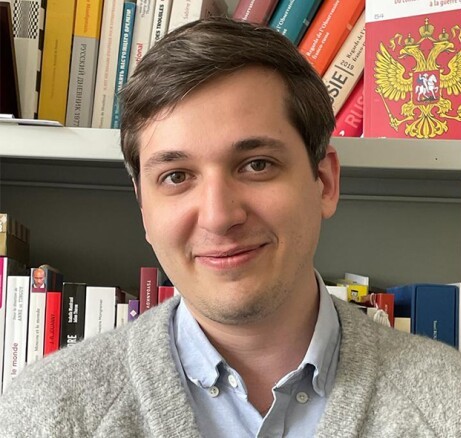
Prénom de l'expert
Dimitri
Nom de l'expert
MINIC
Researcher, Scientific Director of the Observatory on Russia, Eastern Europe, the Caucasus, and Central Asia, Ifri's Russia/Eurasia Center
Research Areas:
- Russian strategic thought
- Russian armed forces
- Russian political-strategic culture
- Threat perceptions
- Russian political-military elites
- Russian nuclear deterrence
- Franco-Russian relations

Russia/Eurasia Center
View moreDimitri Minic is the Scientific Director of the Observatory on Russia, Eastern Europe, the Caucasus, and Central Asia and a Researcher at Ifri’s Russia/Eurasia Center. He is a historian with a PhD in History of International Relations from Sorbonne University (2021), and the author of Pensée et culture stratégiques russes: du contournement de la lutte armée à la guerre en Ukraine (Russian Strategic Thought and Culture: From Bypassing Armed Struggle to the War in Ukraine, Maison des sciences de l’homme, Paris, April 2023), a book based on his doctoral thesis and for which he received the Prize Albert Thibaudet 2023. His research focuses primarily on Russian strategic thought and culture, Russian military and politico-military elites, the Russian armed forces, and Russia’s hybrid and high-intensity capabilities. He also specializes in Russian strategic and nuclear deterrence and relations between Russia and the West. He is the Deputy Editor-in-chief of the digital collections Russie.Eurasie.Visions and Russie.Eurasie.Reports.
See more








